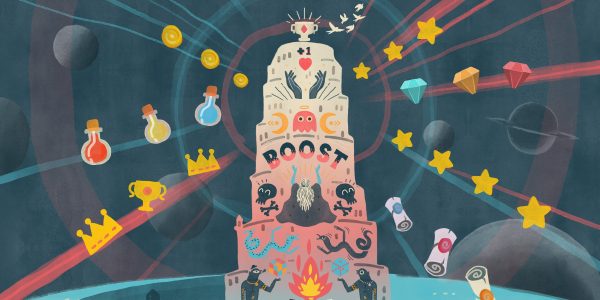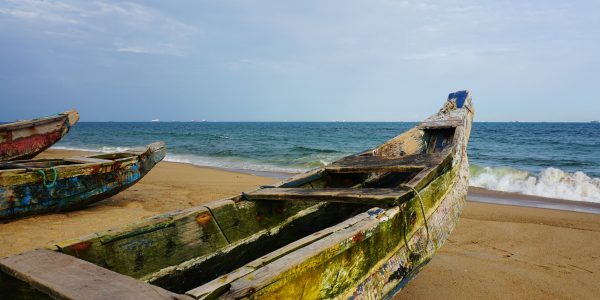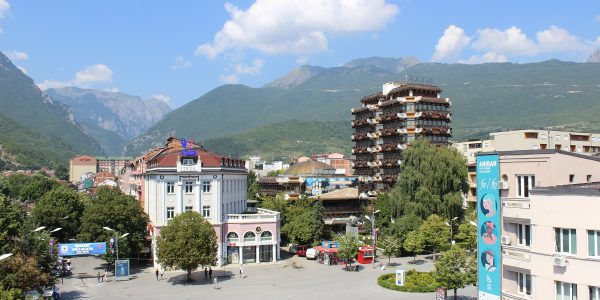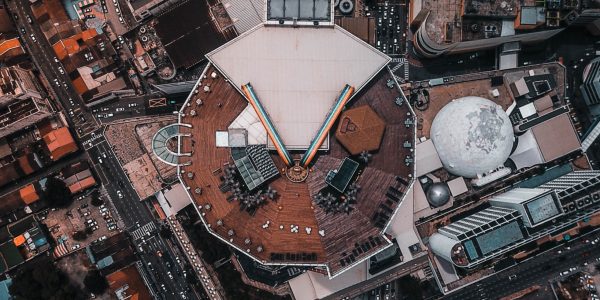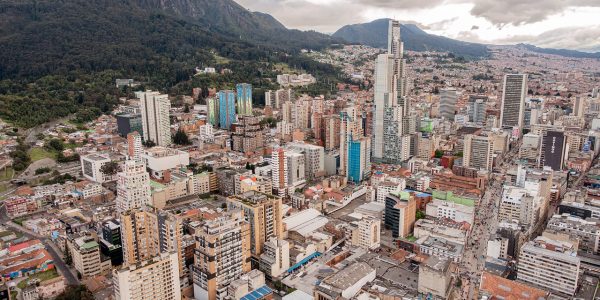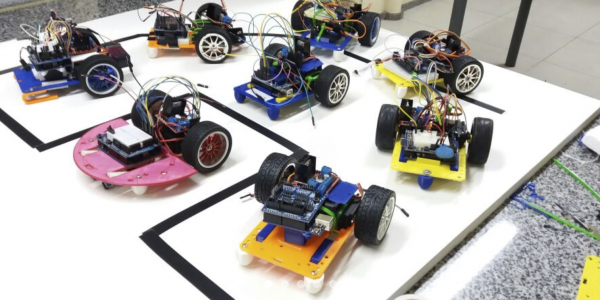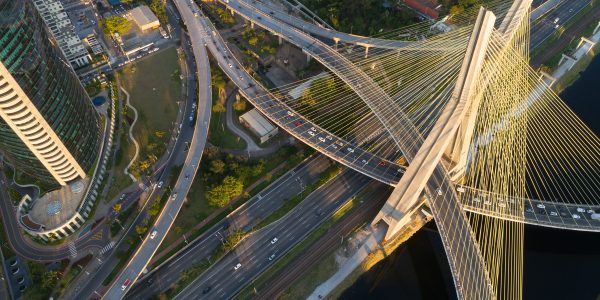TechCamp Malaysia 2.0
The overall rise of disinformation around the world limits the public’s access to unbiased and accurate information. Programs that help to counter disinformation in the media landscape will aid citizens in making better-informed decisions that contribute towards a healthier democracy in Malaysia. TechCamp Malaysia 2022 aims to do just that, by building the capacity of emerging…

